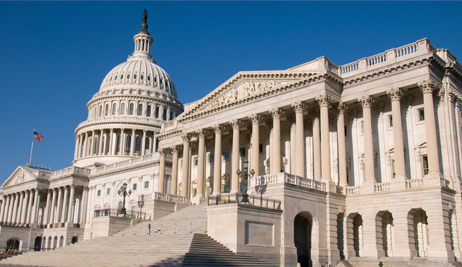The U.S. House of Representatives voted July 17 to repeal the Affordable Care Act’s “Cadillac Tax” provision, which was set to impose a 40% excise tax on the cost of employer-based health insurance exceeding certain amounts—generally $10,200 for individual coverage and $27,500 for family coverage—starting in 2022, according to www.forconstructionpros.com.
Originally scheduled to take effect in 2018, the tax provision was delayed twice by legislation and, with passage of the Middle Class Health Benefits Tax Repeal Act of 2019 (H.R. 748), it appears even less likely to move forward.
The Cadillac Tax was included in the ACA to slow overall health spending by discouraging employees from selecting expensive insurance plans with health benefits that could result in overuse of medical services; such employer-financed plans previously were excluded from income and payroll taxes. The tax also would generate revenue the U.S. government would use to fund other ACA programs.
Labor unions and lawmakers in both parties were concerned the tax “would cause employers to reduce health benefits or burden workers with an increase in cost-sharing. There are also concerns it would unfairly target high-cost health plans that cover people in poorer health or people who live in areas where health costs are high.”
A recent Kaiser Family Foundation analysis estimated the tax on high-cost health plans would affect one in five employers offering health benefits when it takes effect in 2022 unless employers change their health plans. An even larger share (31%) could be affected when considering workers’ voluntary contributions to Flexible Spending Accounts. The analysis also projected the Cadillac Tax would affect a growing share of employers over time, reaching 37% in 2030 without including FSA contributions and 46% with the contributions included.
The U.S. Chamber of Commerce issued a statement praising passage of H.R. 748:
“We commend the House for passing this legislation, which would repeal the so-called ‘Cadillac Tax.’ The Chamber has long supported the repeal of the Cadillac Tax, which is forcing employers to cut health benefits to employees and their families. We encourage the Senate to move this legislation forward so that the 181 million Americans who rely on coverage from their employers would have a path forward to greater healthcare access and more affordable coverage.”
However, some believe the repeal is not in the best interest of U.S. businesses and employees. Paul Van de Water, senior fellow at the Center on Budget and Policy Priorities, writes repeal “would set back efforts to slow the growth of health care costs, and it would lose substantial needed revenue.” He advocates changes to the ACA legislation that would address the tax’s flaws “at a far lower budgetary cost than repeal, while continuing to provide a brake on health care spending.”
Many economists in the health care sector agree, warning repeal would promote increases in health care spending and add to the national federal deficit. The nonpartisan Congressional Budget Office estimates it could add as much as $193 billion to the deficit during the next decade.





